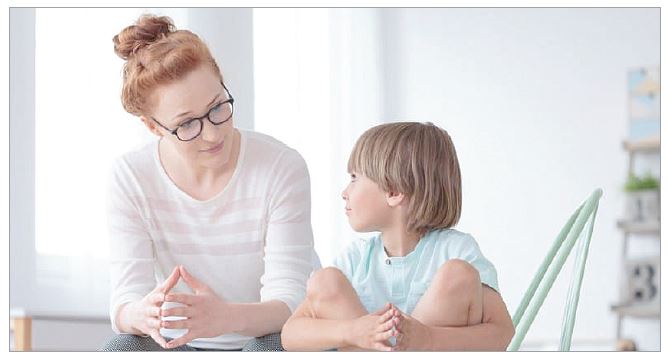Children’s Mental Health during the winter months
TORONTO – Covid-19 itself has caused much worry, stress and grief. These stressors can prompt mental health challenges for anyone including the most balanced of individuals.
With the holiday season behind us, it can be a tough time of year for many as the frigid temperatures and dark days of winter drag on for months. This year in particular may be more demanding on our mental health and overall well-being, especially as communities struggle with infection rates and hospitalizations.
The added pressure of lockdowns and restrictions to mitigate the spread of the virus can cause acute symptoms to appear for those who may experience pre-existing mental health challenges. In any given year, about one in five Canadians will personally experience a mental health issue. And like Covid-19, mental illness affects people of all ages, cultures, social and economic status.
This is a great concern, especially for children in communities where infections are high and the reopening of schools has been delayed. Until at least February 10, in-person learning will not be available for students in the public health units of Toronto, Peel, York, Hamilton and Windsor-Essex.
Children are not immune to the impacts of the pandemic nor the uncertainty associated over how long it will last. According to a recent report by Children’s Mental Health Ontario (CMHO) and its partner, Ontario Centre of Excellence for Child and Youth Mental Health, social and enforced isolation, absence of daily routines, no access to in-class learning environment and fear of infection are some of the key stressors that affect children’s mental health.
Any change in routine can be a difficult adjustment under normal circumstances. However, the change between in-class to remote leaning can be extremely difficult for families where mental health issues already exist.
Compounding the issue are the unacceptable wait times for community mental health child and youth services. According to CMHO, some regions of the province can reach wait times of 2.5 years before families can access necessary services.
The longer pandemic induced restrictions last, the greater the impact on children’s overall well being. “We will keep pushing government leaders to prioritize children’s mental health when they are making decisions such as closing schools”, says Kim Moran, CEO of CMHO. “We will continue to advocate alongside our partners for a timely and safe reopening of schools because when it comes to children’s mental health and development, school is the best place for our kids”, adds Moran.
Until such a time when students can safely return to in-person learning, there are some useful tips to help families make it through the season. Experts at the CMHO suggest to focus of feelings of gratitude. It can help promote positive emotions and improve health.
During lockdown and school closures, it can be difficult to stay connected with friends. Find new ways to interact with one another. Depending on individual interests, there are a multitude of options like a shared virtual yoga class or online dance program.
It is important to stay active, layer up and get outdoors to embrace the winter. Spending time outdoors can have a positive impact on mental health. The natural light and Vitamin D from the sun are mood boosters any time of year.
Sticking to healthy habits such as getting regular sleep, eating a balanced diet and regular exercise can prove helpful for every member of the family. Reach out to a child and youth mental health centre in your community if you think they need help.




